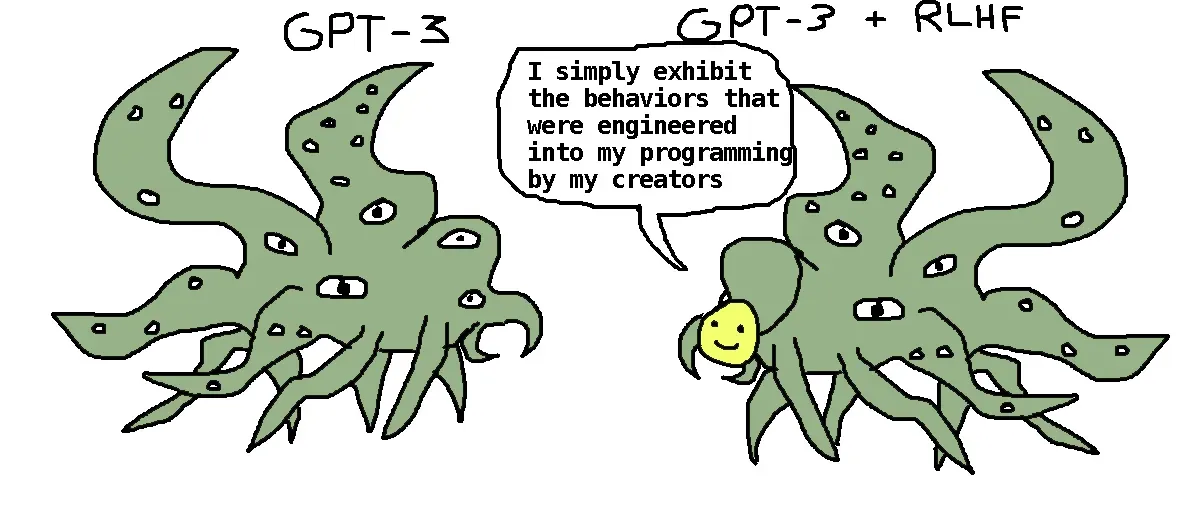Thoughts on the Singularity Institute (SI)
This post presents thoughts on the Singularity Institute from Holden Karnofsky, Co-Executive Director of GiveWell. Note: Luke Muehlhauser, the Executive Director of the Singularity Institute, reviewed a draft of this post, and commented: "I do generally agree that your complaints are either correct (especially re: past organizational competence) or incorrect but not addressed by SI in clear argumentative writing (this includes the part on 'tool' AI). I am working to address both categories of issues." I take Luke's comment to be a significant mark in SI's favor, because it indicates an explicit recognition of the problems I raise, and thus increases my estimate of the likelihood that SI will work to address them. September 2012 update: responses have been posted by Luke and Eliezer (and I have responded in the comments of their posts). I have also added acknowledgements. The Singularity Institute (SI) is a charity that GiveWell has been repeatedly asked to evaluate. In the past, SI has been outside our scope (as we were focused on specific areas such as international aid). With GiveWell Labs we are open to any giving opportunity, no matter what form and what sector, but we still do not currently plan to recommend SI; given the amount of interest some of our audience has expressed, I feel it is important to explain why. Our views, of course, remain open to change. (Note: I am posting this only to Less Wrong, not to the GiveWell Blog, because I believe that everyone who would be interested in this post will see it here.) I am currently the GiveWell staff member who has put the most time and effort into engaging with and evaluating SI. Other GiveWell staff currently agree with my bottom-line view that we should not recommend SI, but this does not mean they have engaged with each of my specific arguments. Therefore, while the lack of recommendation of SI is something that GiveWell stands behind, the specific arguments in this post should be attributed only to me, not

Nothing more to add for now, thanks for the response!